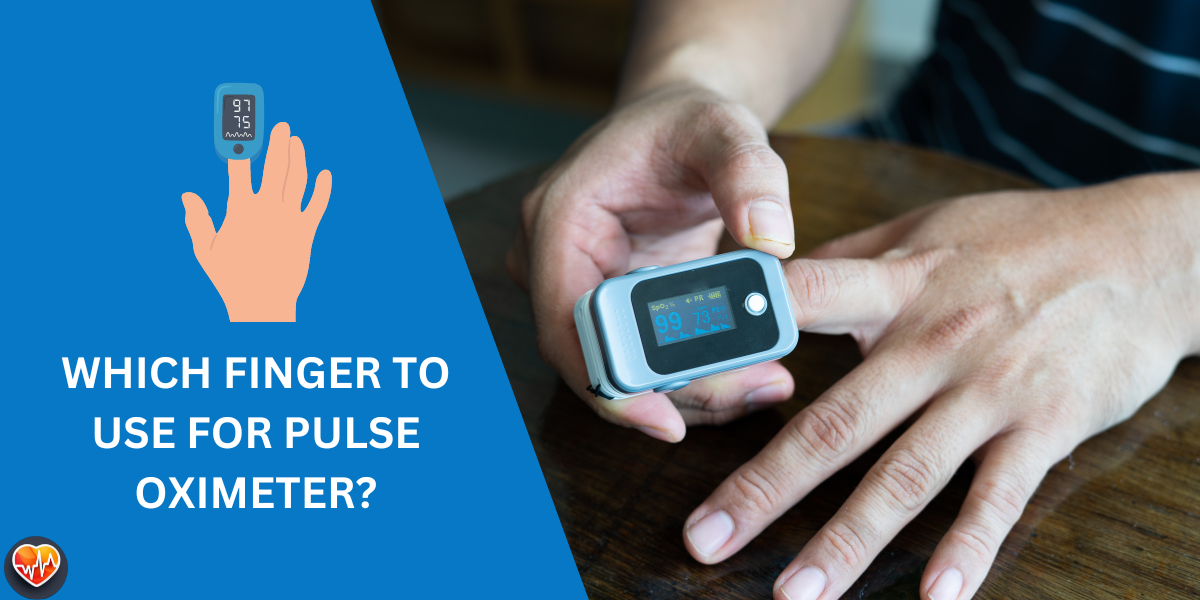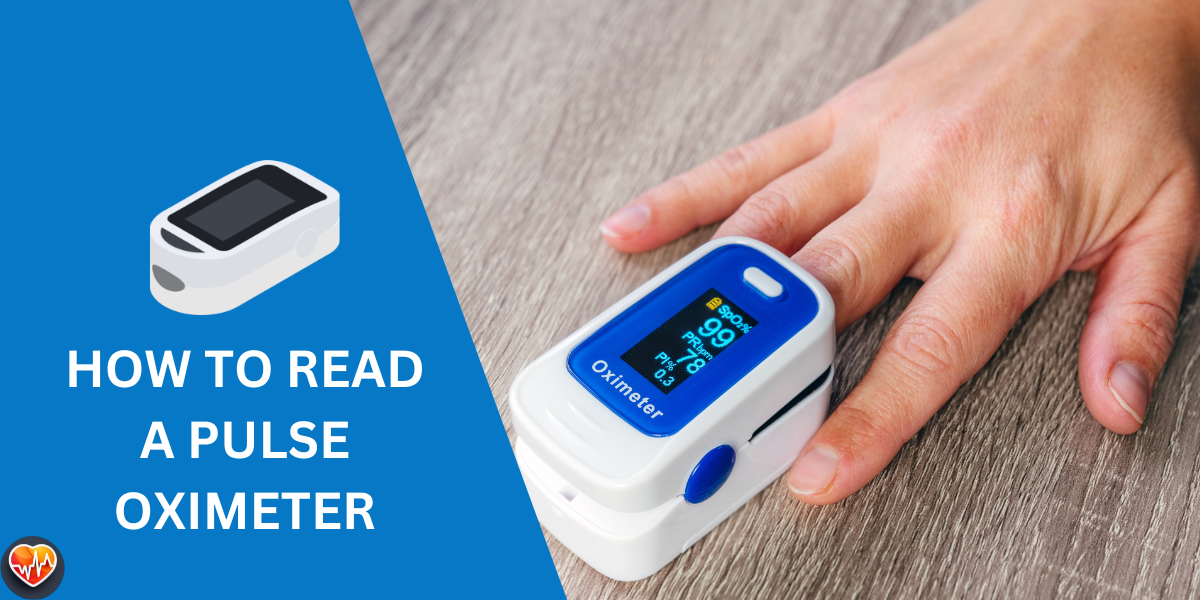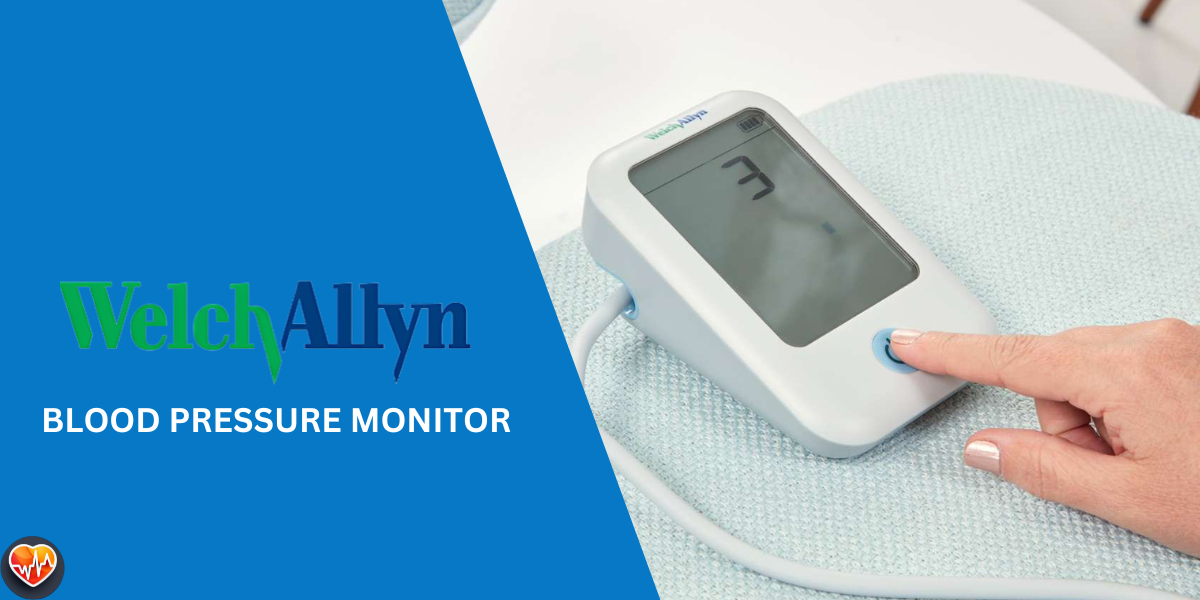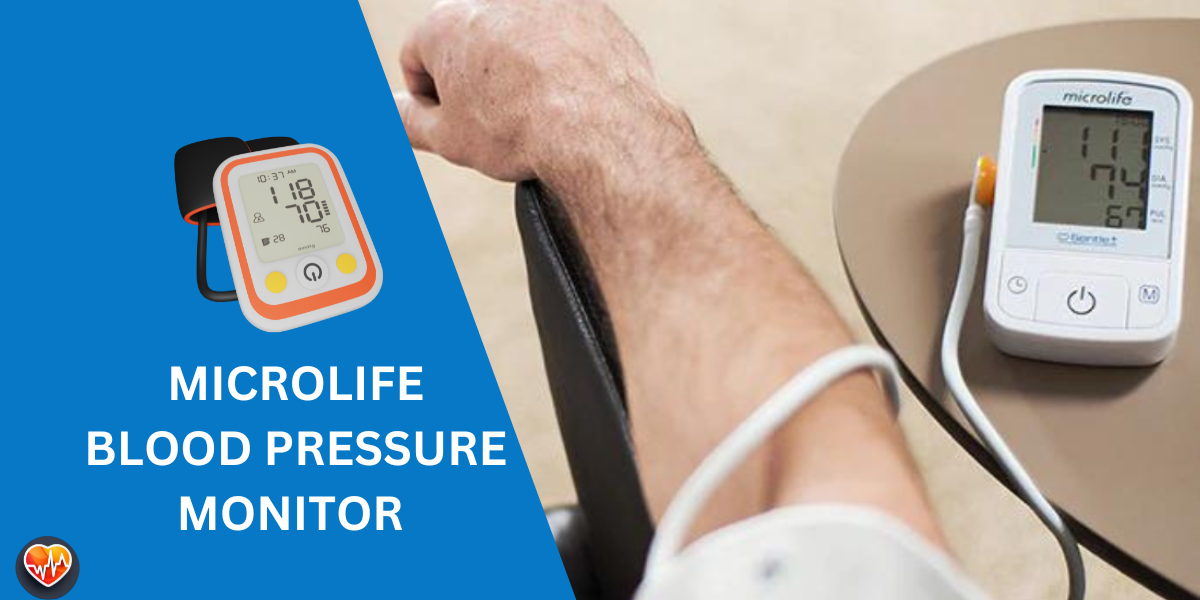
Imagine you’re at the doctor’s office. Your doctor uses their knowledge to help you feel better. But what if there was a tool to help doctors work even faster and smarter?
That’s where artificial intelligence (AI) comes in.
AI, powered by machine learning, is changing healthcare. These smart tools can analyze tons of patient data to help doctors make better decisions, leading to improved patient outcomes.
Let’s explore how AI is revolutionizing healthcare and what it means for you.
- Generative AI is a type of artificial intelligence that can learn and create new data, like images or text, based on patterns it learns from existing information.
- In healthcare, generative AI is used in various ways, such as drug discovery, medical imaging, personalized treatment plans, and patient education.
- While AI has the potential to improve healthcare greatly, it’s important to address challenges such as data privacy, bias, and the role of human intelligence in medical decision-making.
- The future of AI in healthcare looks bright, with possibilities like robotic surgery, virtual reality therapy, and even more personalized medicine on the horizon.
- To ensure the successful integration of AI in healthcare, collaboration between healthcare professionals, AI researchers, and computer scientists is crucial.
Understanding Generative AI in Healthcare
Okay, let’s break down what AI is and how it’s used in healthcare:

What AI is Healthcare
- A smart computer program that can learn and make decisions.
- A powerful tool that can analyze large amounts of data and identify patterns that humans might miss.
How AI works in healthcare
- Analyzes large amounts of patient data, medical research, and textbooks.
- Helps medical professionals understand diseases, predict treatment responses, and discover new ways to help people.
Types of AI used in healthcare
- Machine learning: AI learns from data without being specifically programmed.
- Natural language processing: AI understands and uses human language to summarize medical records or chat with patients.
- Deep learning: A more advanced form of machine learning that allows AI systems to analyze complex patterns in patient data.
Examples of AI in healthcare
- Medical devices that read X-rays or assist in surgery.
- Clinical trials using AI to speed up research and find new treatments.
- Mental health tools for diagnosis and support.
The future of AI in healthcare

- Endless possibilities for improving patient care and outcomes as AI technology continues to develop.
- It is important for healthcare organizations, medical professionals, and patients to understand AI.
Generative AI Applications in Healthcare
So, what exactly can AI do in healthcare? Here are some key areas where AI is making a difference:
Drug Discovery
- Speeds up the development of new medicines by sifting through massive amounts of data and scientific papers to identify potential drug candidates or new uses for existing drugs.
- Could lead to faster treatments and cures for diseases by streamlining the drug development process and reducing costs.
Personalized Medicine
- Analyzes an individual’s unique genetic makeup, medical history, and lifestyle factors.
- Creates personalized treatment plans tailored to each patient, increasing the likelihood of successful outcomes.
Clinical Medicine
- Analyzes medical images like X-rays and MRIs, often spotting subtle details that human eyes might miss.
- Helps diagnose diseases like skin cancer earlier and more accurately, leading to better treatment options and improved survival rates.
Healthcare Delivery
- Chatbots provide basic medical advice and answer questions, improving access to information and reducing the burden on healthcare professionals.
- Automates routine tasks like reviewing lab results or scheduling appointments, freeing up healthcare professionals to focus on complex patient care.
Medical Education

- Simulates realistic patient scenarios, allowing medical students to practice their skills in a safe and controlled environment.
- Personalizes learning by providing tailored feedback and resources, helping students learn more effectively and efficiently.
Overall, AI is transforming healthcare:
- Analyzing vast amounts of medical data to identify patterns and insights that lead to better diagnoses, more effective treatments, and ultimately, better patient outcomes.
- Making healthcare delivery more efficient, accessible, and personalized, improving the patient experience and reducing healthcare costs.
- Promising even more exciting advancements in the future, such as AI-powered robots assisting in surgeries, virtual reality therapies for mental health, and more sophisticated tools for disease prevention and management.
Addressing Challenges and Ethical Considerations
Now, you might be thinking, “This all sounds amazing, but are there any downsides?”
Like any powerful tool, AI in healthcare comes with its challenges.
One big challenge is ensuring that AI is fair and doesn’t worsen health outcomes for certain groups. Imagine an AI system that’s trained on data from mostly one group of people—say, people with a certain skin color or income level.
If this happens, AI might not work for other groups, either. That’s why it’s important to use diverse data and check for bias in AI systems to promote population health.
Another concern is about the privacy and security of patient data. AI needs lots of patient data to work its magic. But this data is sensitive, and we need to make sure it’s protected. This means keeping it safe from hackers and making sure it’s only used for healthcare purposes.
There’s also the question of who’s responsible if something goes wrong. Imagine an AI system makes a mistake in clinical practice that harms a patient. Who’s to blame?
The doctor who used the AI? The company that created it? These are tough questions that we’re still figuring out.

However, the biggest concern is that AI could replace human jobs in healthcare.
After all, if a computer can diagnose diseases or read X-rays, what’s the point of having doctors? However, most experts believe that AI won’t replace doctors or nurses.
Instead, it will help them do their jobs better. AI can handle routine tasks, leaving healthcare professionals more time to focus on complex problems and provide personal care. Think of AI as a helpful assistant, not a replacement for human intelligence.
Large language models can be used to assess a patient’s risk factors by analyzing their medical history and lifestyle choices. Still, it’s important to remember that they are just tools to assist healthcare professionals, not replace them.
Despite these challenges, AI’s benefits in healthcare are too great to ignore.
AI can save lives by improving diagnosis and treatment. It can also make healthcare more accessible and affordable for everyone. It can even help us predict and prevent diseases before they happen.
To get the most out of AI, we need to be aware of the challenges and work together to address them. By doing so, we can create a future where AI and humans work together to improve health outcomes for all.
The Future of Generative AI in Healthcare
So, what does the future hold for AI in healthcare? Get ready because things are about to get even more interesting:
Robotic Surgery
AI-powered robots could perform surgeries with incredible precision, minimizing risks and improving outcomes.
This could revolutionize complex procedures and potentially make surgery safer and more accessible for patients.
Mental Health Care
Virtual reality systems could offer immersive therapies for mental health conditions, providing new and engaging treatment options that complement traditional approaches.
Disease Prevention

AI tools could analyze patient data, including genetic information, medical history, and lifestyle factors, to predict who’s at risk for certain diseases.
This could allow for early intervention and personalized prevention strategies, potentially saving lives and reducing healthcare costs.
Personalized Healthcare
Imagine having a personal AI health assistant on your phone, tracking your health data from wearable devices and other sources, answering questions, and even scheduling appointments.
This would make healthcare more convenient, proactive, and tailored to individual needs.
Precision Medicine 2.0
AI could analyze real-time data from wearable devices like smartwatches and fitness trackers, along with genetic and medical information, to create even more personalized treatment plans.
This could lead to more effective treatments and improved patient outcomes.
To achieve this future, we need:
- Collaboration: Healthcare professionals, AI researchers, and computer scientists must collaborate to develop and implement safe, effective, and ethical AI solutions.
- Problem-solving: We need to address challenges like ensuring fairness in AI algorithms, protecting patient data privacy, and establishing accountability for AI-related decisions in healthcare.
The possibilities are exciting:
- AI in healthcare has the potential to revolutionize how we prevent, diagnose, and treat diseases, leading to a paradigm shift in the healthcare industry.
- This could lead to longer, healthier lives for everyone, making healthcare more accessible and affordable while improving patient outcomes.
Conclusion
So, there you have it! AI is like a superhero swooping in to rescue healthcare.
It’s helping doctors diagnose diseases, discover new medicines, and even personalize treatment plans just for you. It’s making healthcare smarter, faster, and more accurate.
But remember, AI could be better. It’s still a new technology, and we’re still figuring out how to use it best. We need to make sure AI is fair, protects our privacy, and doesn’t replace the human touch that’s so important in medicine.

To get the most out of AI, we need brilliant minds from all fields – doctors, nurses, computer scientists, and even patients – working together.
We need to teach these AI systems the right way, using good data and making sure they understand our values and ethics.
The future of AI in healthcare is incredibly exciting. With the right guidance and careful planning, we can use AI to transform healthcare, making it better for everyone. So, keep your eyes peeled – the next big breakthrough in medicine might just come from a computer!
Frequently Asked Questions
How will AI change healthcare for patients?
Artificial intelligence in medicine has the potential to transform healthcare for patients by offering more personalized treatment plans, faster and more accurate diagnoses, and improved access to information and support.
Will AI replace doctors and nurses?
Most experts believe that AI will not replace healthcare professionals. Instead, AI tools will assist them in their work, freeing up their time for more complex tasks and patient interaction in clinical care.
Is my health data safe with AI?
Protecting patient data privacy and security is a top priority in the development and implementation of AI in healthcare. The healthcare sector has strict regulations and safeguards in place to ensure your data is used responsibly and ethically.
How is AI used in medical research?
AI is used to analyze large amounts of medical data, identify patterns, and accelerate the development of new drugs and treatments. It also plays a role in designing and analyzing clinical trials, leading to faster and more efficient research to transform health care.
What are the ethical considerations of AI in healthcare?
Ethical considerations include ensuring fairness and avoiding bias in AI algorithms, protecting patient privacy and data security, and ensuring transparency and accountability in AI decision-making processes













